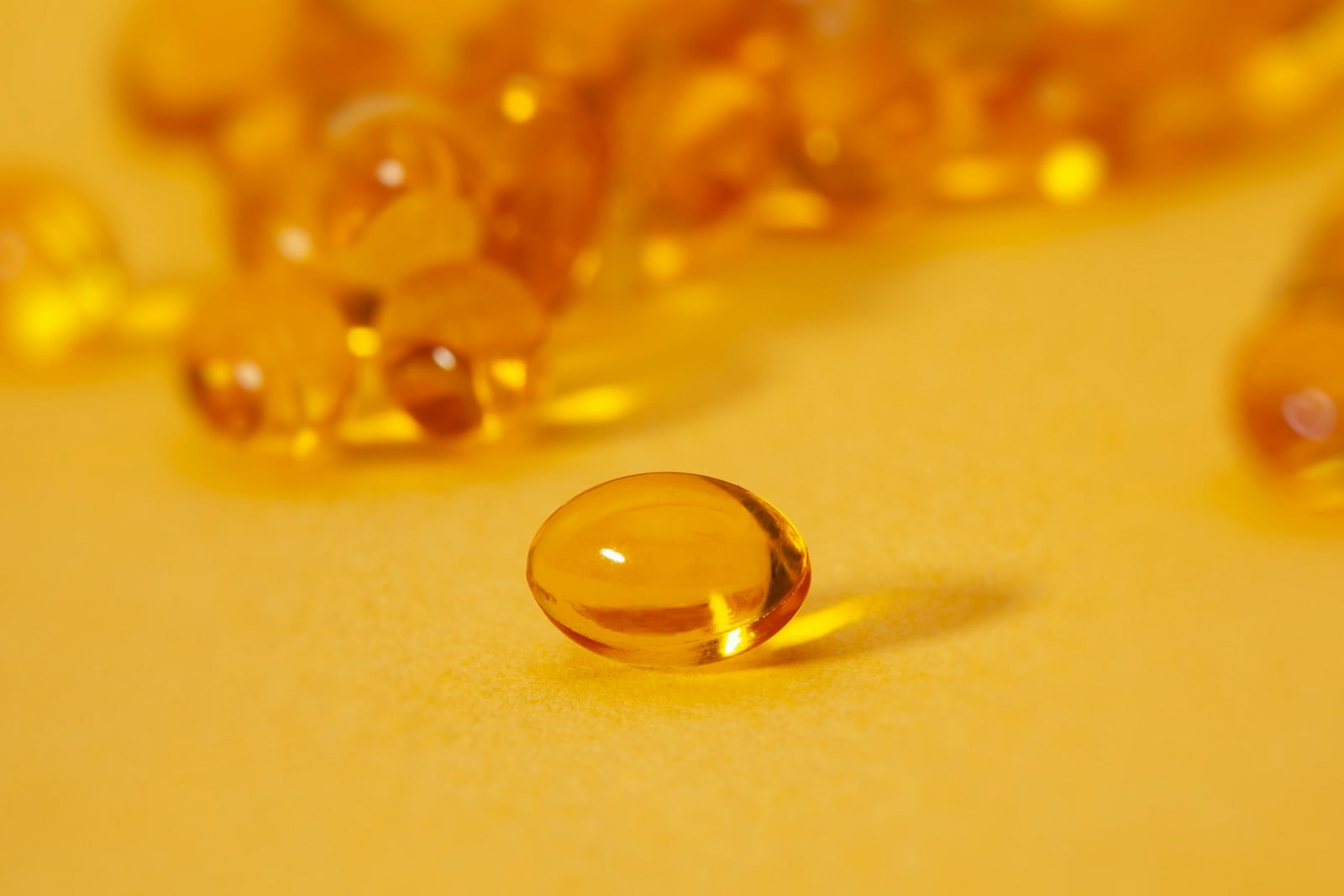Vitamin D is a fat-soluble vitamin that is essential for a wide range of bodily functions. It is important for maintaining healthy bones and teeth, supporting immune function, and regulating insulin levels. Vitamin D is also important for maintaining healthy muscles and preventing falls in seniors. As we age, our ability to absorb and utilize vitamin D tends to decline, making it important for seniors to ensure they are getting enough of this nutrient. Here are the top ten signs of vitamin D deficiency in seniors:
- Fatigue: Vitamin D plays a role in energy production and metabolism, so a deficiency can lead to feelings of fatigue and exhaustion.
- Weak bones: Vitamin D helps the body absorb calcium, which is necessary for strong bones. A deficiency can lead to weak bones and an increased risk of fractures.
- Muscle weakness: Vitamin D is important for maintaining muscle strength and function. A deficiency can lead to muscle weakness, making it harder to perform everyday activities.
- Frequent falls: Vitamin D deficiency has been linked to an increased risk of falls in seniors, as it can lead to muscle weakness and poor balance.
- Pain in the bones: Vitamin D deficiency can cause bone pain, especially in the hips and lower back.
- Depression: Vitamin D plays a role in brain function and has been linked to mood. A deficiency can lead to feelings of depression and a lack of energy.
- Increased risk of infections: Vitamin D plays a role in immune function, so a deficiency can increase the risk of infections such as the flu and pneumonia.
- Impaired wound healing: Vitamin D is important for maintaining healthy skin and aiding in wound healing. A deficiency can impair the healing process.
- Hair loss: Vitamin D plays a role in hair growth, so a deficiency can lead to hair loss.
- Dry, itchy skin: Vitamin D helps to maintain healthy skin, so a deficiency can lead to dry, itchy skin.
If you are experiencing any of these symptoms, it is important to speak with your healthcare provider. They can order a blood test to determine your vitamin D levels and recommend a treatment plan if necessary. Vitamin D deficiency can often be treated with supplements, and getting enough sunlight (or using a safe tanning bed) can also help to boost vitamin D levels. It is important to follow your healthcare provider’s recommendations for vitamin D intake to ensure optimal health.




























